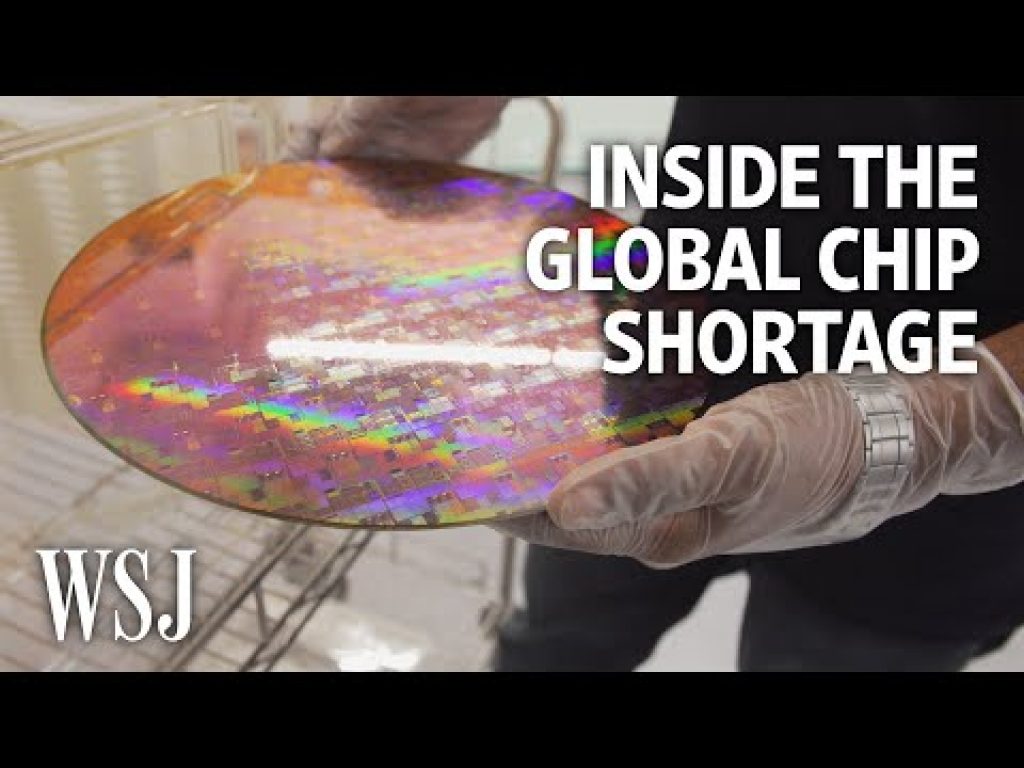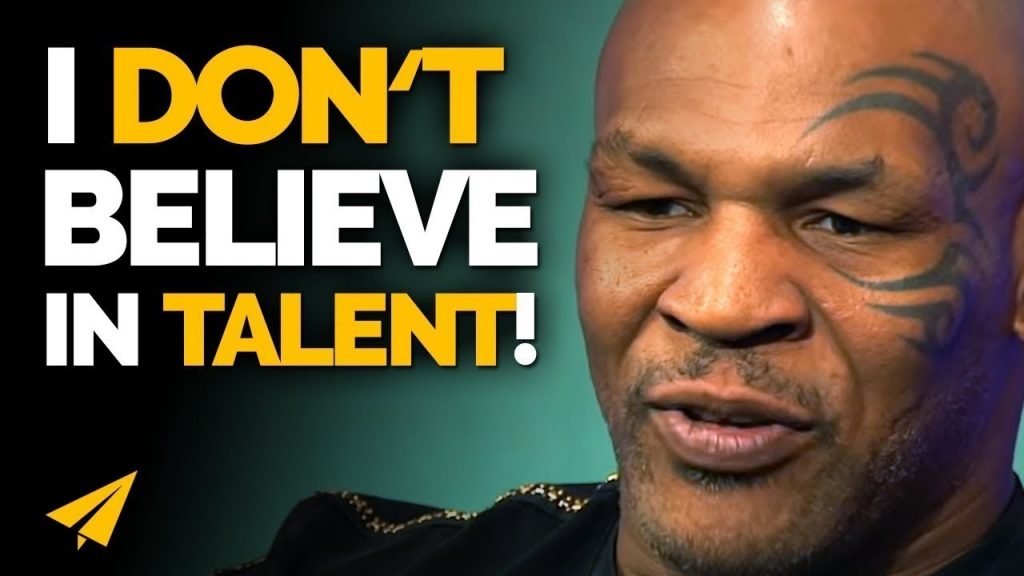Fake Money Is Making You Poorer! Why Savers are LOSERS – Robert Kiyosaki [ Millennial Money ]

Money is a fundamental aspect of our society, and yet it seems that the more we have of it, the more elusive it becomes.
Many people work hard every day, striving to earn more and save for the future. However, despite their efforts, they often find themselves struggling with debt, living paycheck to paycheck, and falling behind on their financial goals. One of the reasons behind this phenomenon is the prevalence of fake money in our world.
Fake money can take many forms, from counterfeit bills and coins to digital currency scams. It is a pervasive issue that affects individuals, businesses, and even governments. The sad truth is that fake money is making us all poorer, and it is often the savers who suffer the most. In fact, financial expert Robert Kiyosaki, best known for his bestselling book “Rich Dad Poor Dad,” believes that savers are the real losers when it comes to money.
So why is the world filled with fake money, and how can you actually get richer using it? Let’s delve deeper into this complex issue and understand its impact on our financial well-being.
Firstly, it is essential to understand what fake money is and how it differs from real money. Real money is backed by a tangible asset, such as gold or other valuable commodities, and is controlled and regulated by governments. On the other hand, fake money is not backed by any tangible asset, and its value is determined by confidence and trust. This lack of backing and control makes fake money vulnerable to manipulation and fraud.
One of the reasons for the abundance of fake money is the increasing dependence on digital transactions. With the rise of technology, more and more people are using online banking and digital payment methods, making it easier for scammers to create fake digital currency and swindle people out of their hard-earned money. In addition, the anonymity of online transactions makes it difficult to trace and catch these criminals, leading to a rise in their activities.
Another factor contributing to the prevalence of fake money is the global economy’s reliance on paper money and debt. Governments worldwide have been printing more money to stimulate economic growth, resulting in inflation and the devaluation of currency. This inflationary pressure opens the door for counterfeiters to flood the market with fake bills and coins, causing a further decline in the value of real money.
So, what can you do to protect yourself from becoming a victim of fake money and even use it to your advantage? The key lies in financial education and understanding how the monetary system works. As Kiyosaki mentions, savers are the real losers because they put their hard-earned money in the bank, which offers low-interest rates, while inflation eats away at its value. Instead, he recommends investing in assets that appreciate in value, such as real estate, precious metals, or starting a business.
In addition, having a diversified portfolio that includes some digital assets, such as cryptocurrencies, can also prove beneficial. However, it is crucial to educate yourself on these assets before investing in them, as they come with their own risks and challenges.
Moreover, being vigilant and staying informed can also help protect you from falling for fake money scams. Always conduct thorough research before investing in anything and avoid getting lured by get-rich-quick schemes. Remember that if something sounds too good to be true, it probably is.
In conclusion, while the world may be filled with fake money, it does not mean that you have to succumb to its negative consequences. Educate yourself, diversify your investments, and stay informed to protect yourself and even use fake money to your advantage. As Kiyosaki puts it, “Money is only an idea. If you want more money, change your mind.” So let’s change our mindset and work towards building true wealth and financial freedom.









Billionaire Dan Pena’s Ultimate Advice for Students & Young People – HOW TO SUCCEED IN LIFE
SHE FAKED AN ART GALLERY IN LONDON AND SOLD MY PAINTINGS *it worked!!*
Peterson Speaker Series – Hybrid Organizations | December 3, 2015
The #1 Variable of Success for Every Business | Inside 4Ds
5 Reasons You Should Use A Blog